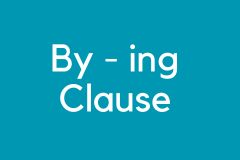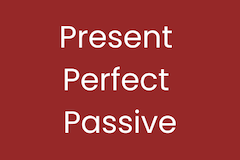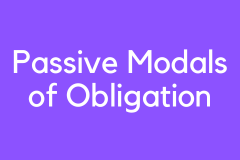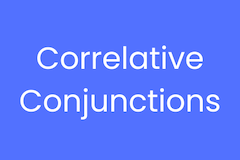Expressing Likelihood and Possibility
Listen to four conversations using the grammar point.
Answer the following questions about the interview.
Expressing Likelihood and Possibility
Point 1: Speakers can hedge their statements by adding a clause to express probability. The pronoun 'it' becomes the subject.
- We probably will not finish on time.
It is unlikely that we will finish on time. - We will probably reach our goal.
It's highly likely that we will reach our goal.
Point 2: If something is probable, then it is likely.
- The company will probably go bankrupt.
It is highly likely the company will go bankrupt. - Most students should pass the class.
It is very likely that most students will pass the class.
Point 3: If something is not probable, then use unlikely or not likely.
- The event is in winter, so it will probably not be warm outside.
The event is in winter, so it is unlikely it will be warm outside. - By the end of the month, most of my money will probably be spent.
By the end of the month, it is unlikely that I will have any money left.
Point 4: Some adverbs like highly (strong) and fairly (medium) add intensity.
- It is highly unlikely that we finish by tomorrow. (low chance)
- It is highly likely that the two companies will merge. (strong chance)
- It is fairly likely that the event will be canceled. (might happen)
- It is fairly unlikely that that will happen. (probably not)
Point 5: Likelihood is also expressed with the nouns chance, possibility, and doubt.
- There is a good chance it will rain.
- There is a strong possibility that we can work from home.
- There is a slight possibility that I will get transferred.
- There is no doubt that people want to travel again.










